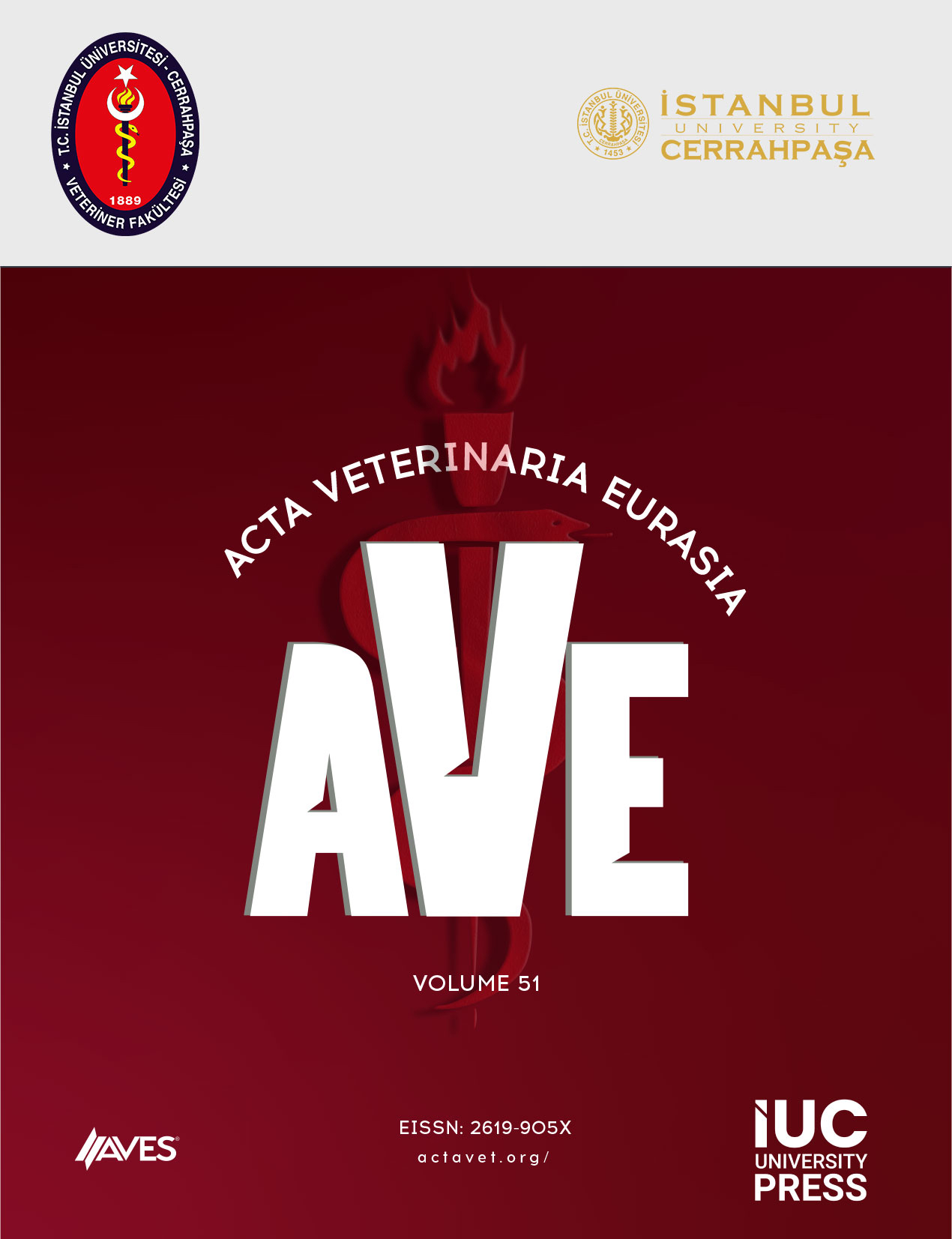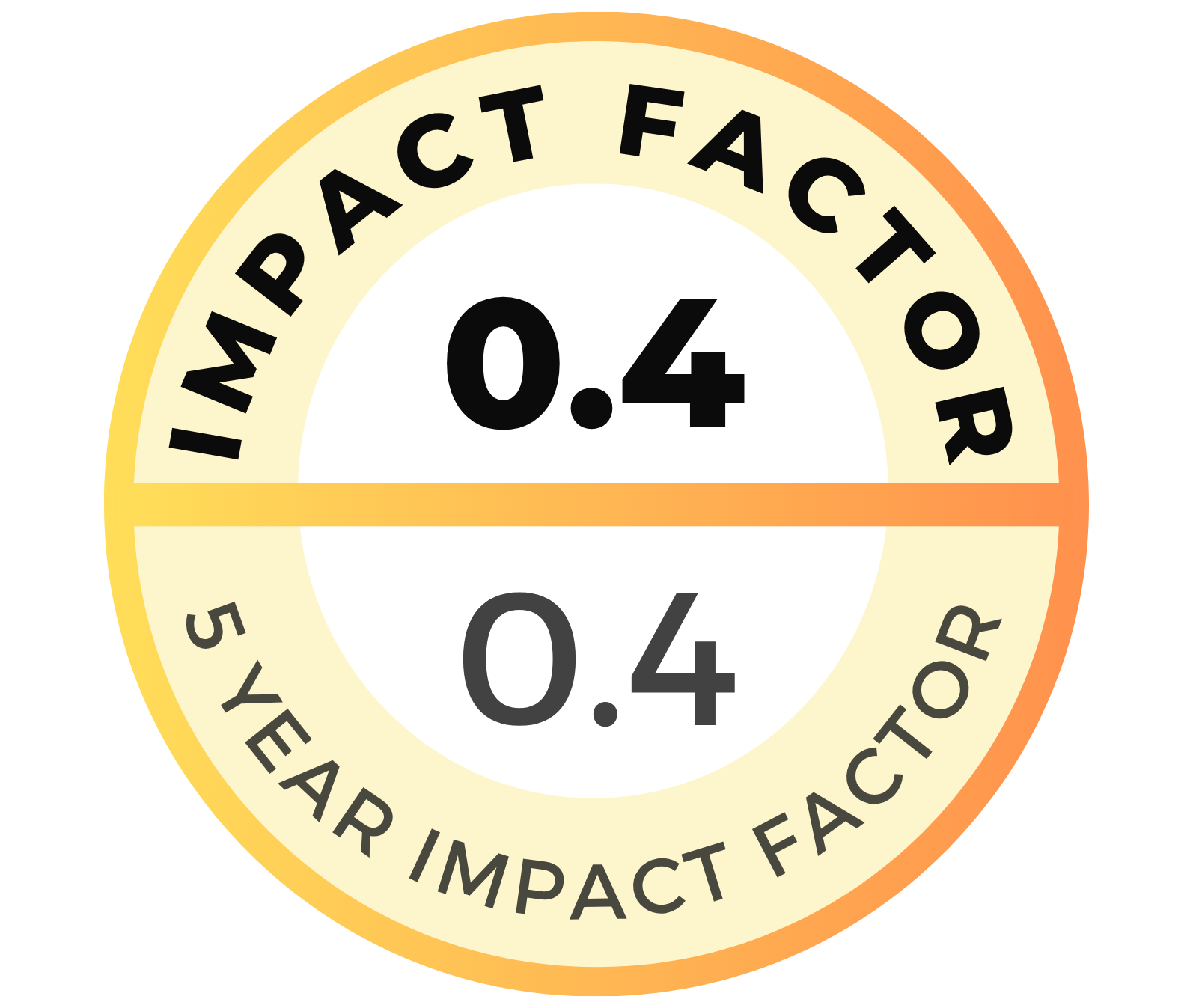Helicobacter pylori is one of the most widespread infections in human beings. It is estimated that approximately half of the human population is infected with this pathogen. It has been considered that dogs and cats may serve as a source for human infection, and therefore, further researches on this subject are needed. In this study, precence of H.pylori which is considered as a source of similar infection in dogs, was investigated in dogs' stool speciments. For this purpose, stool speciments were collected from 96 pet and sheltered dogs in Istanbul. Stool speciments were investigated by PCR and samples which contain Helicobacter DNA were objected to Restriction Fragment Lenght Polymorphism (FRLP) analyses to detect bands of H.pylori specific CagA gen. Also, samples found to be positive by PCR-RFLP were examinated bacteriologically for comparison of culture and moleculer methods. As a result of PCR investigation with Helicobacter genus specific primers, 375 bp bands were obtained for 65 (67.7 %) of the speciments. After that H.pylori specific bands (196 bp, 119 bp, 60 bp) were detected from 12 (18.46 %) of DNA samples by Hinfl enzim restriction. H.pylori was not isolated from fecal speciments of 12 H.pylori DNA positive dogs.





.png)